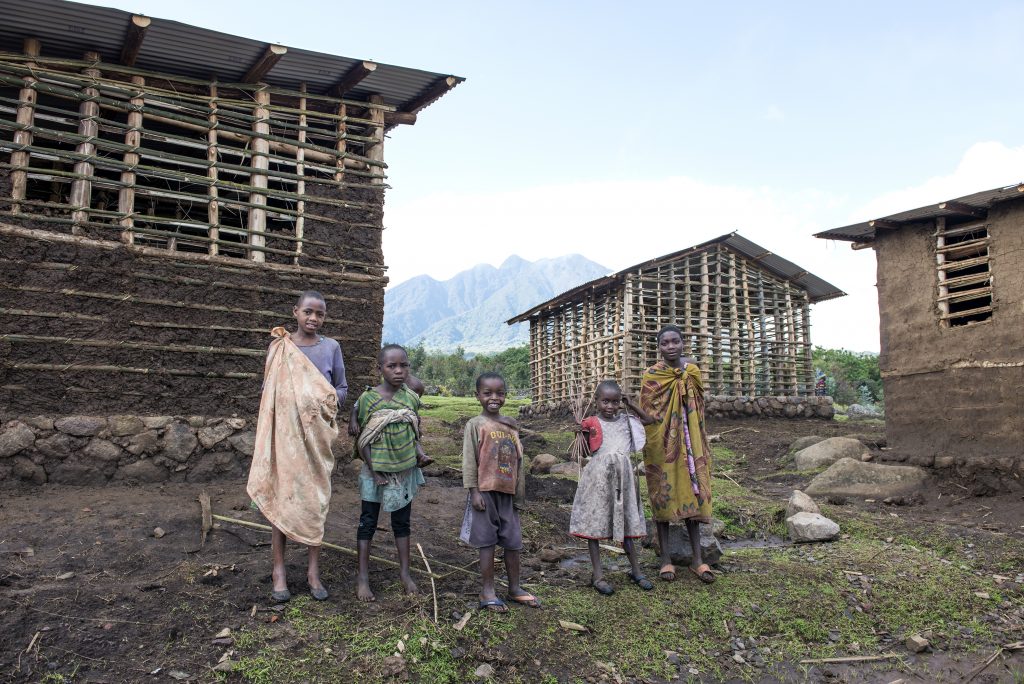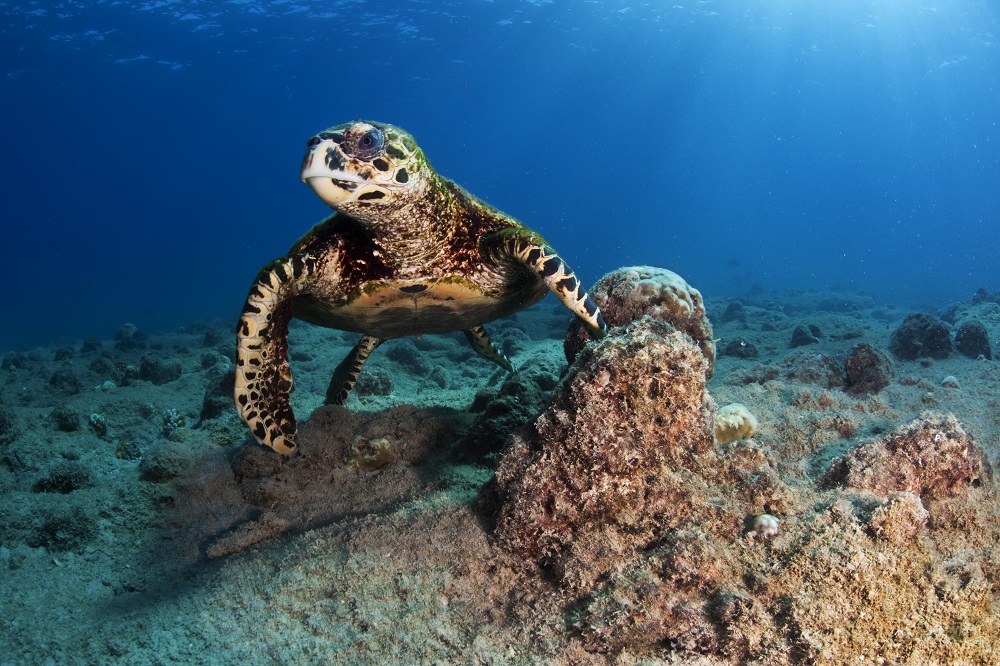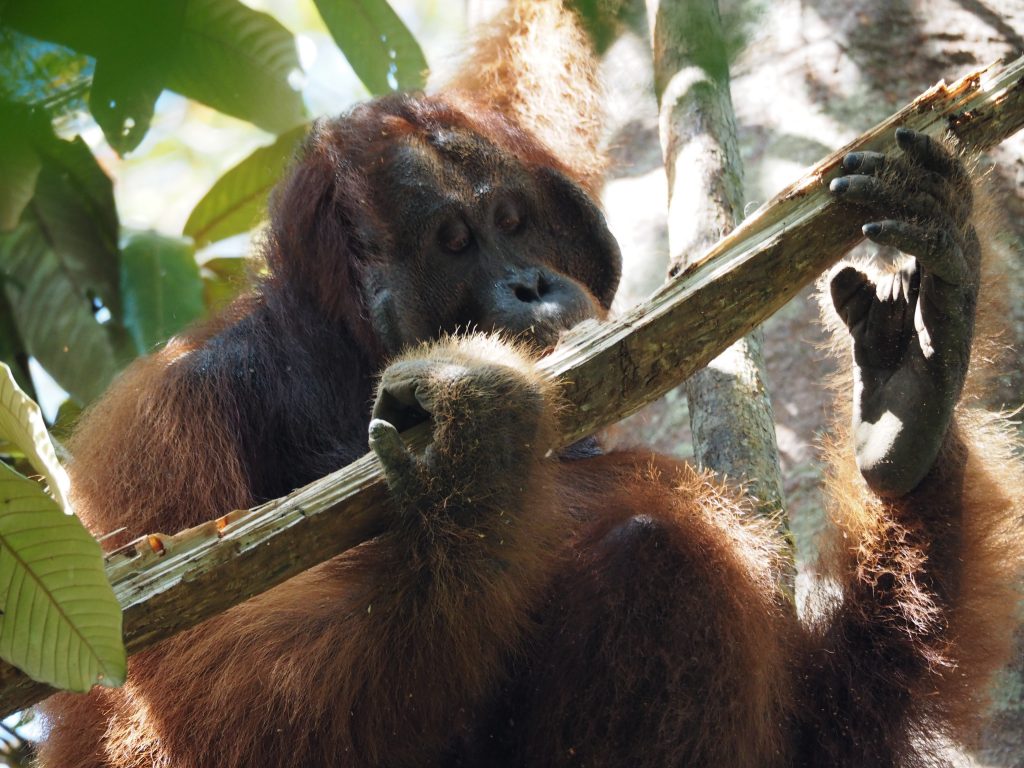Three organizations — one creating a permanent settlement for a displaced community in Uganda, one supporting coastal and marine ecosystems and wildlife on Mexico’s coast, and one conserving orangutan populations and their habitats in Gunung Palung National Park in Indonesia — are the first recipients of funding from the Adventure Travel Conservation Fund (ATCF).
Established in 2016, the ATCF is a nonprofit organization with a membership made up of adventure travel and outdoor recreation businesses committed to protecting the resources from which the industry benefits. Funding for projects submitted to the ATCF for consideration by members is made available through membership fees, all of which go directly toward funding selected projects that are engaged in the conservation of unique cultural and natural resources of adventure travel destinations. In its first year, the ATCF was able to grant a total of $76,500 USD to Volcanoes Safaris Partnership Trust (Uganda), WILDCOAST (Mexico), and the Gunung Palung Orangutan Conservation Program (Indonesia).
“We are emboldened and encouraged by the industry's response to the opportunity to come together and agree upon the important things — that we must collaborate on projects that preserve amazing yet sensitive places and support the people that live within and around them,” said Shannon Stowell, CEO of the Adventure Travel Trade Association (ATTA) and board member for the ATCF.

The Volcanoes Safaris Partnership Trust, which connects Volcanoes’ Rwanda and Uganda luxury lodges to the neighboring communities and conservation activities, will use funding to provide a permanent settlement to the Gahinga community of Batwa pygmies. The group of about 90 adults and children, who were displaced from their ancestral homeland 25 years ago when it was turned into a national park to protect wildlife from poaching and habitat encroachment, has been squatting at a nearby farm. This settlement will allow the Batwa to generate income from agricultural means now that land will be available, and access to this income will offer opportunities to access healthcare and education. “We are extremely grateful for the financial assistance awarded and the awareness that this will bring to the plight of the Batwa as well as the wider conservation-community issues around the gorilla parks,” said Kevin Jones, general manager.

In Mexico, WILDCOAST will use its ATCF support to continue its conservation work in a number of coastal and marine areas including Baja’s Pacific Islands Biosphere Research, Laguna San Ignacio, Magdalena Bay, Morro Ayuta, and the California coast. With its many projects, the organization is able to help protect a variety of wildlife including gray whales, green sea turtles, elephant seals, black sea bass, and leopard sharks.
Looking at the big picture of conservation, WILDCOAST aims to educate and engage local communities in coral reef conservation and train outfitters in coral reef visitation best practices. “Our work in places like Cabo Pulmo and Huatulco has had a significant positive impact on local reefs and surrounding ecosystems,” said Zachary Plopper, conservation director of WILDCOAST. “Now we can expand our efforts to conserve a broader area and implement even more effective conservation strategies such as new mooring buoy systems, enhanced outreach, and legal protections for key coral species.”

The final recipient, the Gunung Palung Orangutan Conservation Program, will continue to advance its mission of conserving orangutan populations and forest habitat in and around Gunung Palung National Park. “This project targets the root of habitat destruction by educating local communities and working with them to provide sustainable livelihood options, such as organic farming and selling handicrafts made from non-timber forest products,” said director Dr. Cheryl Knott. “We look forward to this collaboration and the positive impact this project will have throughout this biodiverse landscape.”
The Gunung Palung Orangutan Conservation Program uses a community-based approach and partners with all of the park’s stakeholders. This funding will assist with several prongs of its multi-faceted approach including educating students about the animals and national park, hosting expeditions to remote communities that rarely receive education about their environment, hosting radio broadcasts and publishing an educational magazine, and establishing aquaculture and organic farming groups throughout the region.
“These three projects, voted on by our members, perfectly exemplify the types of conservation efforts that the travel and outdoor industries are looking to protect,” said Soraya Shattuck, executive director of the ATCF. “We look forward to following the progress of these incredible projects and to support another round of grantees in 2018.”
